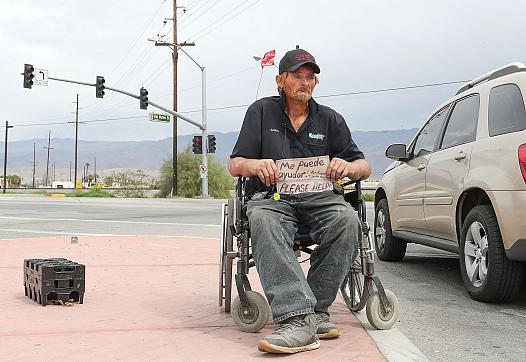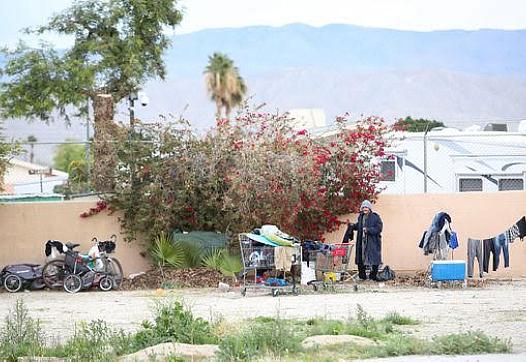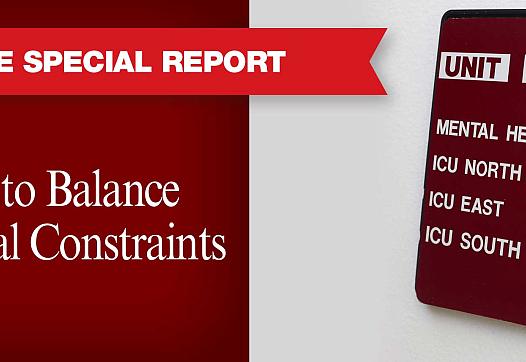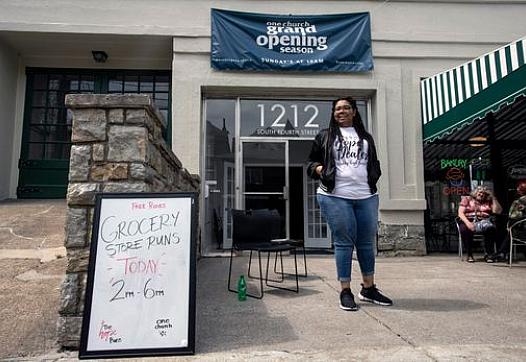
The Desert Sun surveyed 200 people experiencing homelessness in the Coachella Valley about health needs and access to health care.

The Desert Sun surveyed 200 people experiencing homelessness in the Coachella Valley about health needs and access to health care.

This story was produced as part of a larger project led by Nicole Hayden, a participant in the USC Center for Health Journalism's 2019 Data Fellowship....

Making behavioral health pencil out has become a greater challenge for San Diego hospitals like Scripps, Sharp HealthCare, Palomar Health and UC San Diego Health.
The Courier Journal has received support from the University of Southern California's Center for Health Journalism to embark on a project about food insecurity in Louisville, with the goal of presenting solutions that fit our community....

The suicide rate has grown faster for young black and Latino males in Texas over the last 10 years, a Dallas Morning News analysis of CDC data found.

In rain or snow, Route 5010 in New Mexico is impassable — a quagmire that highlights the government’s shameful neglect of Native people.

Young people who call the Hoopa Valley Indian Reservation home have seen their community ravaged by the opioid epidemic. Could their voices also shed light on how the crisis might be solved?

Our health care system promotes saving and extending life at all costs — sometimes sacrificing a patient’s own desires on how to spend final moments. In many families, conversations about how a loved one would prefer to die happen too late or not at all. The emerging field of palliative care seeks t

The Hope Buss offers free rides to the grocery store for people without personal transportation.

It can be very difficult to find long-term care in California, and it’s even harder for families without a nest egg to pay for it. That spells trouble, because California is getting older.